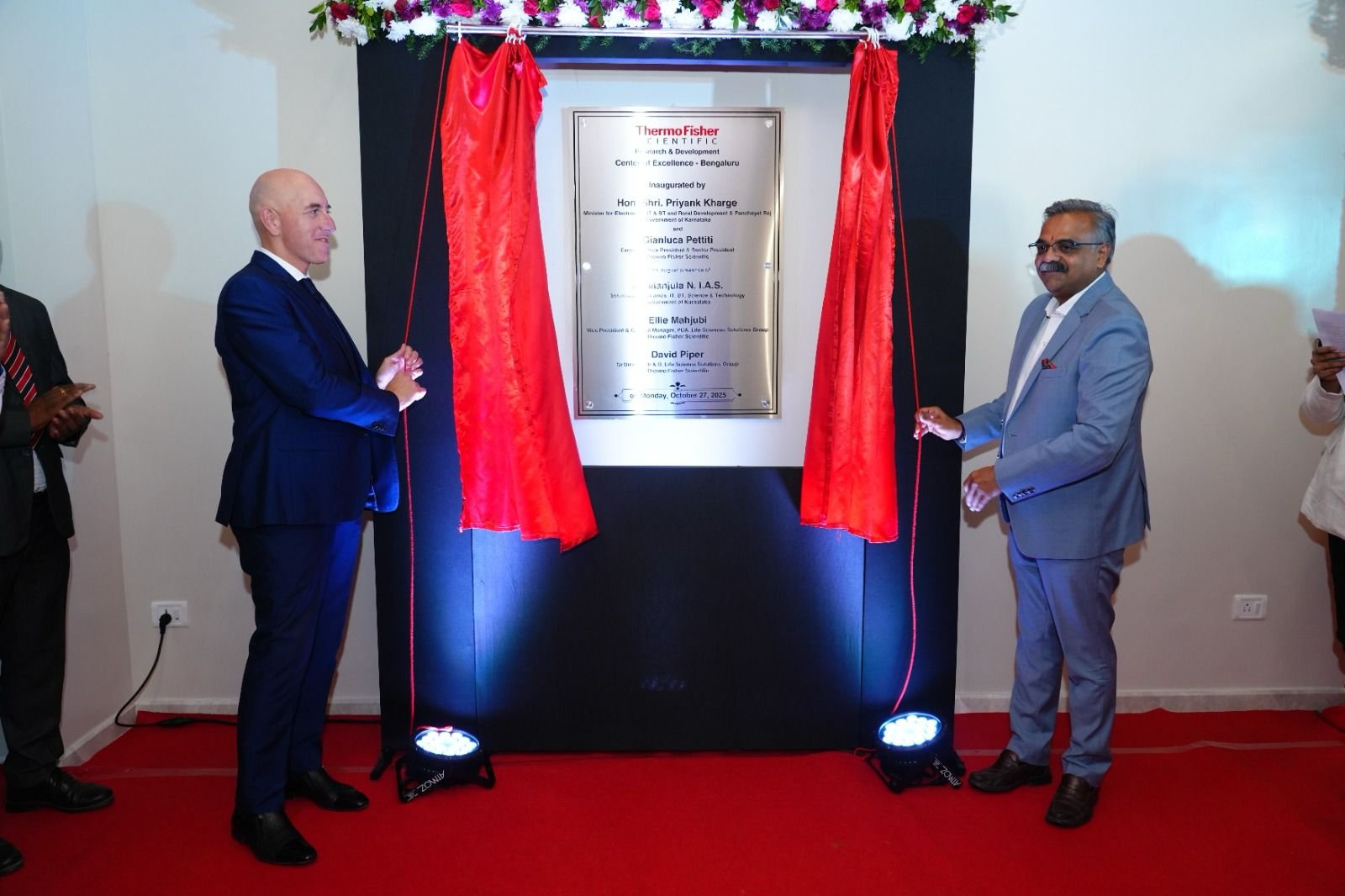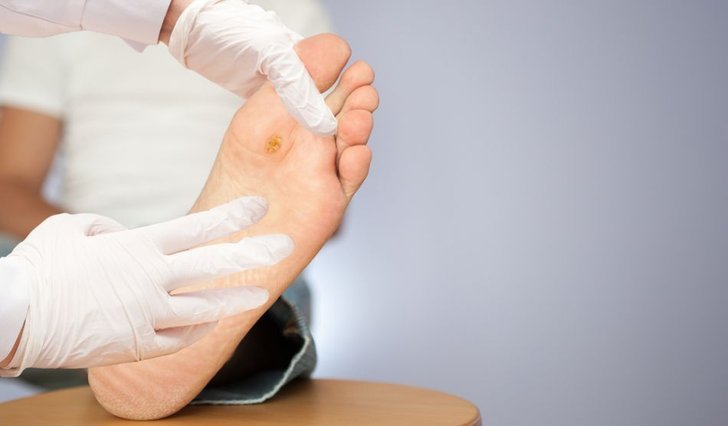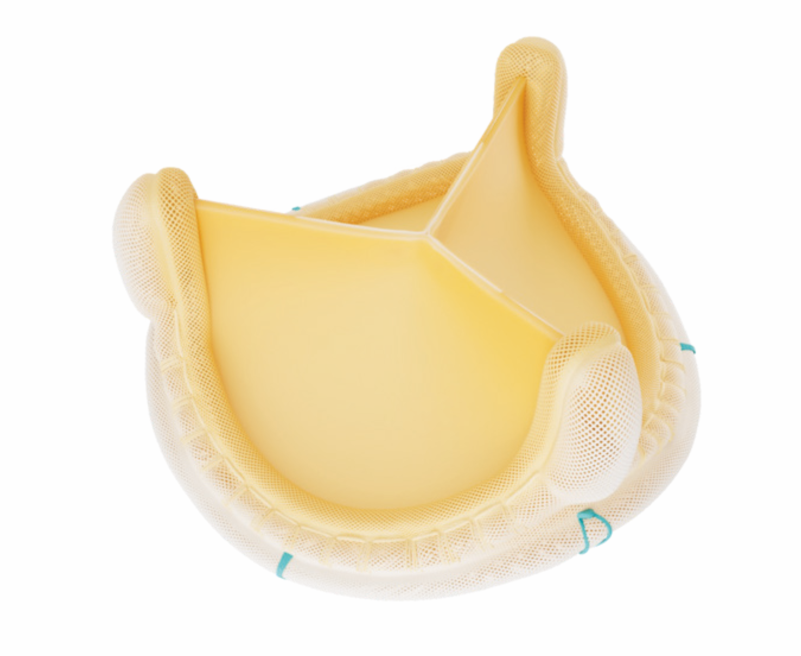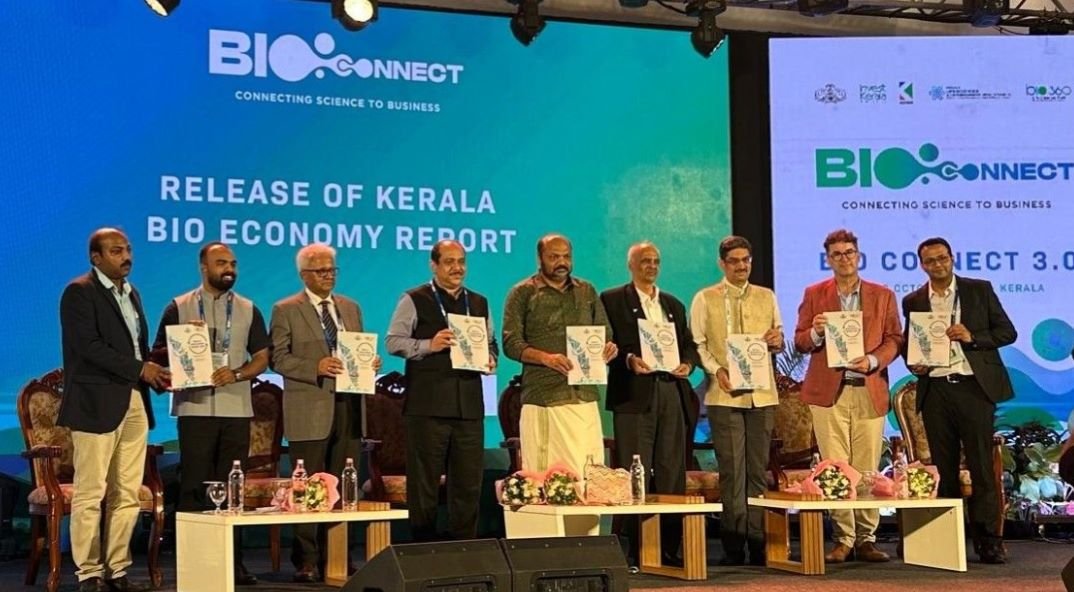Our focus is to accelerate biomarker research to enable better disease understanding and effective interventions
March 03, 2022 | Thursday | Views
Biomarker research is crucial for understanding disease pathogenesis, identifying various stages of the disease, monitoring disease severity and therapeutic response, and predicting patient prognosis. Monitoring biomarkers in clinical trial endpoints is critical for predicting the efficacy of novel medications throughout the drug discovery and development process. Merck has constantly been advancing the technologies for biomarker research and validation. In a conversation with Biospectrum, Dr Pragya D Yadav (Scientist 'E' and Group Leader, ICMR-National Institute of Virology) discussed the integration of multiplexing immunoassay technology in drug/vaccine development. Dr Pankaj Kumar Joshi (Head of Commercial Marketing at Merck) also highlighted the recent advancements by Merck
How will the Indian biopharma market evolve along with the surge of cutting-edge technologies in terms of precision medicine?
Dr Yadav: In the future, a key initiative should be to develop a world-class pharmaceutical plant with cutting-edge machines that manufacture products at high speed with precision and reliability that is consummate with quality and compliance standards. This will help accelerate indigenous vaccine research in India. The newer technologies to be developed include multiplex immunoassay which enables the detection of as many analytes as possible in a single assay, all in all, to reduce the overall number of assays, as a way forward towards this step.
How can multiplex immunoassays support the development and clinical trials for vaccine and drug development efforts?
Dr Yadav: Finding novel ways to use technologies that have been previously proven to work in vaccine development is one way to further speed up. In vaccine development, safety and efficacy are critical. Recent studies have shown that multiplex immunoassays offer a flexible way to monitor immune responses. The process of screening is necessary to ensure that only the best candidates are selected for further testing, but can be time-consuming and resource-intensive. Multiplex immunoassays have been used throughout the vaccine research process to expedite screening. Requiring only small amounts of a clinical sample, multiplex immunoassays can be applied at all stages of vaccine/drug development, including at the preclinical stage, and is a proven tool to monitor critical safety and efficacy of the process. Specifically, it helps in the precise understanding of the immune status in terms of pathogen-specific cytokine and antibody profile of the study participants.
With the increasing need for multiplexing biomarker analysis, how does Merck enable access to these new technologies for the scientific community?
Dr Joshi: "Prevention is better than cure" is an excellent metaphor for biomarker research. Multiplex immunoassays help speed up disease research and biomarker discovery. We can help the scientific community to acquire data that they can trust out of each sample, with little repetition to make the best next-step decisions. Whether one needs an ultrasensitive detection from an SMC assay, robust ELISAs, or rich multiplex profiling data using MILLIPLEX and Luminex xMAP technologies, we pioneer in bringing the best solutions to enable scientific research in the life science space. Merck has created two labs to enable easier access to these state-of-the-art technologies: the Merck Innovation Lab and the High-End Skill Development Lab. Both our labs are equipped with cutting-edge technologies like the Luminex systems, SMCxPRO for ultra-high immunoassays, SNAP i.d 2.0 Protein Detection System, and the Auto2D Automated 2-D Gel Electrophoresis Device. From antibodies to enzymes to small bioactive molecules and custom services, we have the solutions you need for any biomarker analysis.
How multiplex immunoassay contributes to serotyping and sero-surveillance studies?
Dr Yadav: Serological data indicating the presence and level of antibodies against infectious disease antigens provide indicators of exposure and transmission patterns in a population. Laboratory testing for large-scale serosurveys is often hindered by time-consuming immunoassays that employ multiple tandem steps. Serosurveillance is increasingly becoming an attractive and economical strategy for multiple disease-specific public health programmes in the hope to gather information within a population regarding pathogen exposure or vaccination coverage. The use of bead-based multiplex immunoassay technology has been gaining recognition as a next-generation screening tool in seroprevalence studies with high-throughput and timely collection of antibody data. Bead-based multiplex immunoassays contribute to serotyping and sero-surveillance studies through simultaneous detection of multiple pathogen-specific antibody responses in a small volume (25ul or 50 ul) of serum/plasma or other clinical samples. It also has the advantage of investigating a large number of clinical samples in a high-throughput manner in a short period of time.
How does Merck support the vaccine development process, specifically in bringing the candidates to market?
Dr Joshi: During the development of vaccine candidates, biomarkers can help anticipate adverse events. Understanding vaccination effectiveness and safety are critical during clinical trials. To find clinically useful biomarkers, patients must be stratified to find the best prospects. Merck's MILLIPLEX biomarker screening assays detect over 1,300 soluble analytes across 11 species, making it the most comprehensive in the industry, including the NHP (non-human primate) panels to aid the COVID-19 vaccine developments.
A diverse portfolio facilitates the transition from animal models to clinical research. Along with multiplex immunoassay solutions, our Single-Molecule Counting-based SMCxPRO can aid in the stratification of clinical trial participants and gain insights into vaccine candidate efficacy. Our MILLIPLEX assays aid the detection and exploration of biomarkers, whilst SMCxPRO enables the detection of minute yet critical changes in the level of the biomarker.

How will the newly introduced xMAP INTELLIFLEX system support the acceleration of research?
Dr Joshi: The Luminex xMAP INTELLIFLEX system, was introduced with our goal of providing the finest solutions for novel biomarker research. The system includes an integrated touch screen with updated software and comes in two configurations. A high-throughput RUO version with all the advantages of bead-based multiplexing, as well as a second variant (DRSE) with a dual reporter and side eject variation that is more suited for automation. The dual reporter channel increases the number of data points acquired from a single sample, which improves efficiency. With access to progressive tools, services and expertise, we are proud to be partners of researchers in their scientific breakthroughs, solving the toughest problems in life science.










